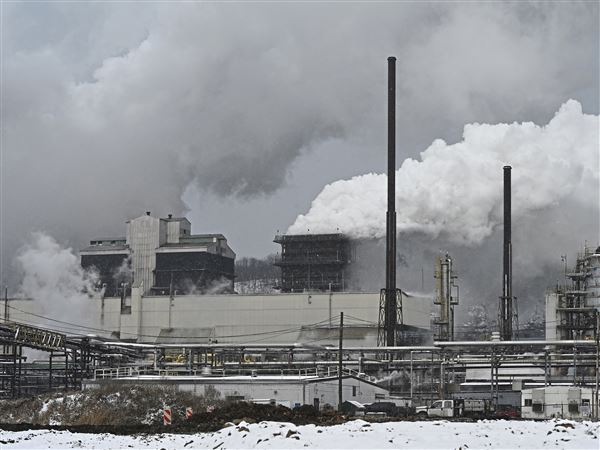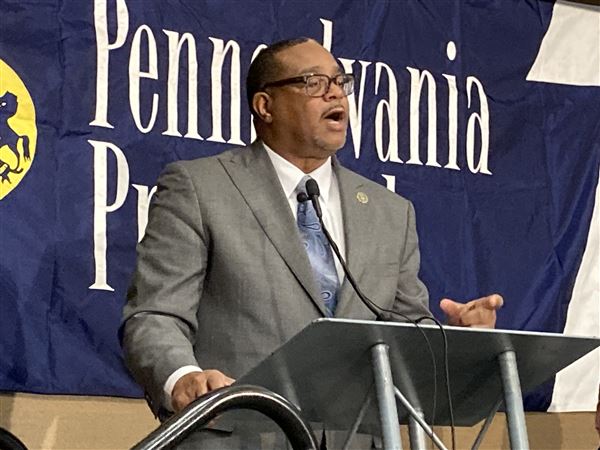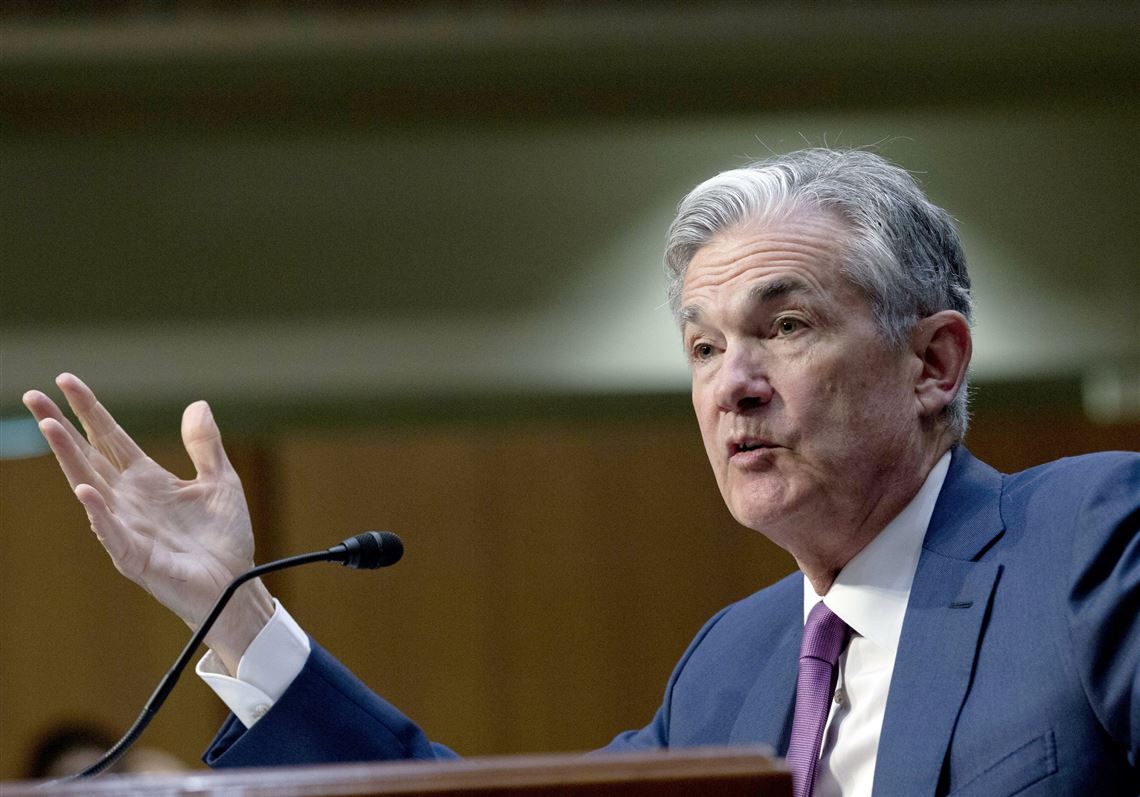President Donald Trump, do yourself a favor. Stop attacking the Federal Reserve and its chairman, Jerome Powell (yes, the same Mr. Powell you nominated). The result would be better for you, better for Mr. Powell and — most important — better for the country.
Unfortunately, Mr. Trump can’t seem to restrain himself. The Fed has been raising short-term interest rates since late 2015 and is reportedly considering another increase in December. Mr. Trump is livid at the prospect. Here is his latest anti-Fed outburst from a Nov. 27 interview with The Washington Post:
“I will tell you, at this moment in time I am not at all happy with the Fed. ... They’re making a mistake because … my gut tells me more sometimes than anyone else’s brain can ever tell me. ... I’m not even a little bit happy with my selection of Jay. Not even a little bit.”
Until recently, there seemed to be a crude consensus among economists that the Fed should continue its gradual increases in interest rates to pre-empt higher inflation. The economy seems strong enough to tolerate tighter credit. The unemployment rate of 3.7 percent is the lowest since the 1960s; inflation is around 2 percent; consumer confidence is high.
But the consensus may be fraying. There are signs of weakness. The stock market has fallen; housing sales and prices have softened; the trade war between the United States and China continues. Perhaps the Fed should delay further increases in interest rates? When Mr. Powell obliquely suggested that last week in a speech, the stock market staged a brief, huge rally.
The Wall Street Journal recently illustrated the disagreement. On Nov. 27, the paper ran an op-ed piece by Harvard economist Martin Feldstein, a chairman of the Council of Economic Advisers under President Ronald Reagan, urging the Fed to raise rates. The next day, the Journal ran an op-ed piece by Harvard economist Jason Furman, chairman of the CEA under President Barack Obama, counseling delay.
Who do we want making these technically demanding and politically crucial decisions? The choice is between politicians in Congress and the White House, who are focused on the economy’s near-term performance; or Fed economists and officials who are exercising their “independent” judgment about the best policy to sustain economic growth.
The Fed isn’t infallible and never will be. Over the years, it’s made some colossal errors. But it beats the alternative of politically driven policies sensitive to every whim from the Capitol or 1600 Pennsylvania Ave. One danger for Mr. Trump is that the Fed, seeking to prove its “independence,” will deliberately oppose what the president prefers.
It is in this sense that Mr. Trump would be better off if he had emulated most of his recent predecessors and not advertised his displeasure publicly. Going public risks feeding a prolonged feud between Mr. Trump and Mr. Powell. Inevitably, economic uncertainty would increase, while confidence would decrease.
“President Trump has gone completely off the rails with his criticism of Fed Chair Powell,” says economist Mark Zandi of Moody’s Analytics. “[He] is using the Fed as a scapegoat for anything that goes wrong in the stock market and the economy.”
In Mr. Trump’s defense, he is not the first president to try to control the Fed and corrupt its “independence.” Lyndon Johnson lambasted then-Fed Chairman William McChesney Martin in the mid-1960s for raising interest rates against his wishes. Richard Nixon pressured Arthur Burns, Martin’s successor, to keep rates low. Likewise, Harry Truman pushed the Fed to maintain easy money and credit.
But these and other cases occurred mainly behind closed doors. Mr. Trump’s brash innovation has been to take his complaints public; the apparent aim is to intimidate the Fed into doing his bidding. If the Fed resists, Mr. Trump might propose legislation curbing its powers. That would signal a real state of war between Mr. Trump and the Fed, with what consequences for financial markets and the economy it’s hard to know.
It is true that the Fed’s “independence” is a term of art more than a strict legal standard, as Sarah Binder and Mark Spindel note in their recent book on the Fed, “The Myth of Independence.” It’s also true that attacking the Fed has long been standard operating procedure for members of Congress of both parties.
“Congress depends on the Fed both to steer the economy and absorb public blame when the economy falters,” write Ms. Binder and Mr. Spindel. A lot of this criticism is political theater, designed to impress voters but not to do much else. What’s not familiar is for the president to be leading the charge.
Robert J. Samuelson is a syndicated columnist for The Washington Post.
First Published: December 8, 2018, 5:00 a.m.














